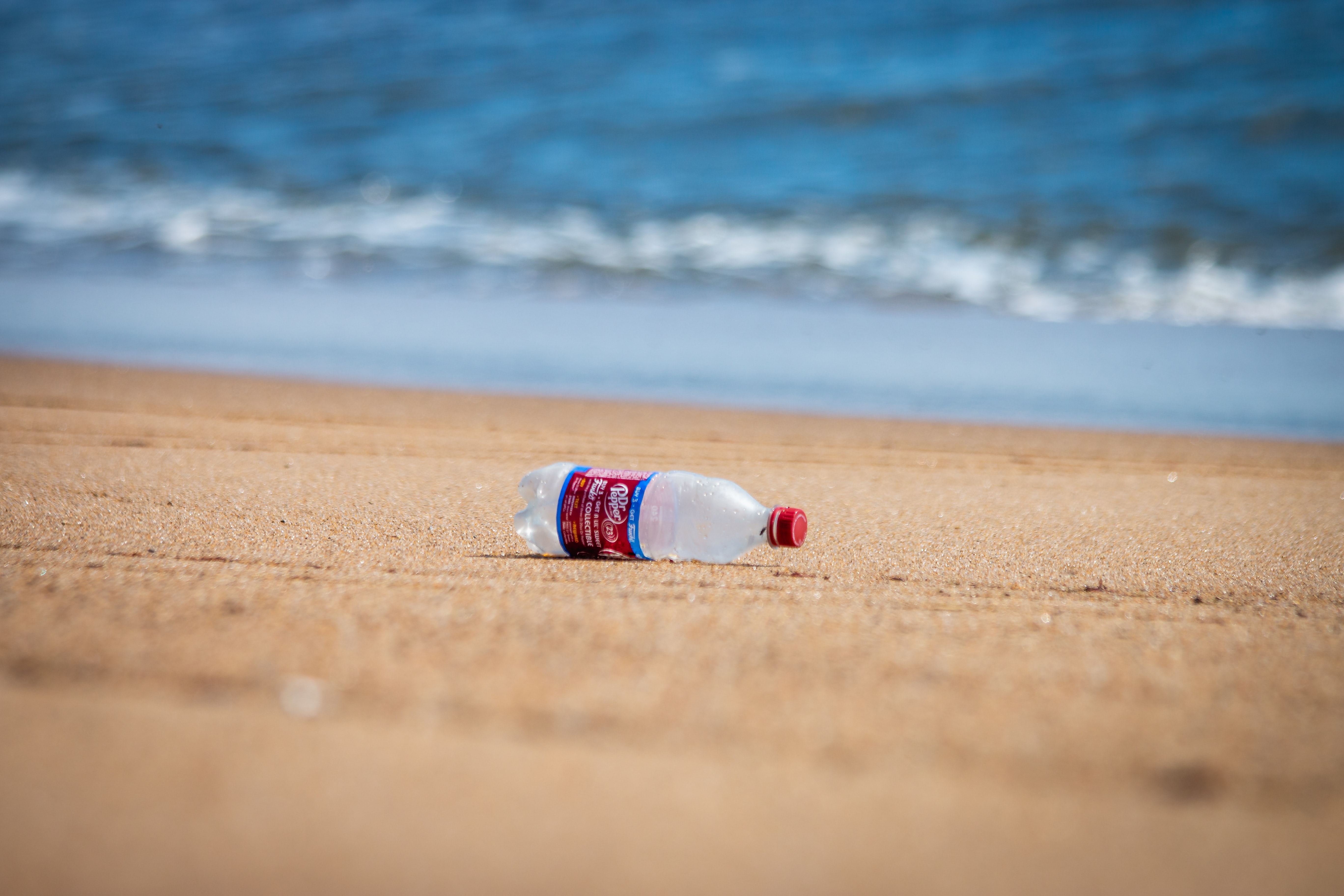With countless miles of coast and navigable inland waterways, there are ample recreational opportunities for boaters throughout the United States. However, as boating continues to grow in popularity, the impact of boat-related pollutants entering the water and environment increases as well.
As a recreational boater, it’s important to ensure that your experience is a pleasant and safe one - and keeping the waterways clean is a big part of this.
» MORE: Boating Safety Tips
Here are some clean boating practices that will help to ensure environmentally sound, safe, and enjoyable boating!
Pollutants and Boating Activities
With a large number of recreational boaters across the country, even a small amount of pollution entering waterways can cause significant harm to marine wildlife and fish.
Pollutants associated with boat use include:
- Oil and fuel
- Plastics
- Sewage detergents
- Paints
- Solvents
- And other marine debris
Fortunately, there are many actions boaters and anglers can take to ensure that the waterways are maintained and exposed to as few pollutants as possible. Not only will this make your boating and fishing experiences safer, but it will also help you enjoy it more.
» MORE: Recreational Boating Activity Safety Guide
Clean Boating Practices and Tips
Tip #1: Report Pollution to State Hotlines
It’s important to always report any chemical, oil, or other hazardous waste to the proper channel. Additionally, if you see any injured, sick, or disturbed wildlife, you should contact the authorities.
Reporting incidents and spills like this will minimize their impacts and help to protect the surrounding natural resources.
Tip #2: Take a Boating Safety Course or Other Educational Workshop
Improving and sustaining the quality of recreational boating and the environment all starts with education. This is a key component to operating watercraft correctly and safely, while also decreasing any negative impacts on the water you’re in.
There are plenty of resources available to facilitate supporting clean and safe boating.
See available training and further information below (via the Office of Response and Restoration of the NOAA):
According to NOAA, there are over 150 oil and chemical spills reported in U.S. waters every year. Spills like these can threaten natural resources, including marine life and property.
Hazardous substances are constantly being released into waterways, contaminating wetlands fisheries, beaches, coral reefs, and shellfish beds. These contaminants can harm plants and animals - and weaken the quality of life for people who live nearby.
Unfortunately, oceans and inland waterways are filled with items that do not belong there. This includes consumer plastics, rubber, metals, and more.
If you live in a coastal region, major storms could have a devastating impact. It’s important to have access to the tools necessary to plan and respond to these natural disasters.
- Other resources:
U.S. Coast Guard Clean Boating Practices
American Boating Association Clean Boating Program
Tip #3: Keep the Bilge Clean
For peak efficiency, it’s important to keep engines properly tuned and clean. Start by transferring and removing the fluid with care. Use a funnel, pump, and oil-absorbing pads to help catch drips and clean up any spillage.
You will want to regularly check the lines and hoses for leaks. If you spot one, replace the damaged item.
You should also try to avoid pumping any bilge water that looks like it has some sheen or left-over oil. Finally, recycle the oil, filters, and absorbent pads that were used.
Tip #4: Monitor fueling practices
When your boat needs fuel, always fill up the tank at the designated fuel dock. Do not transport gas cans on the dock or pier. This could lead to accidental spillage.
Instead, properly secure your boat to the dock, turn off all electrical systems, and stop engine activity entirely. Know the capacity of your fuel tank and leave 5-10% capacity for any expansion that may occur.
Place an unused, clean container over the air vent to catch any overfill. When the tank is nearing capacity, try to slow the fuel delivery. There could be some splash or drips of spilled fuel around the nozzle; use an absorbent pad to clean it up.
Tip #5: Keep waters free of litter
As a boat owner and operator, it’s your responsibility to inform all passengers where to put their trash on the vessel. Always keep trash cans handy on your boat and dispose of them properly after an outing.
While out on the water, secure any loose paper, plastic, and other items that could blow away. If anything accidentally goes into the water, always retrieve it and dispose of it. You should do this for your floating trash, as well as any garbage you happen to come by.
Tip #6: Manage sewage waste correctly
When headed on your boat, plan ahead and use the onshore bathrooms when possible. If you have a marine toilet, keep it properly maintained. Try to use toilet paper that is compatible with your marine sanitation device and pump station.
Tip #7: Remove your boat from the water for repairs and cleanings
To practice clean boating, it is recommended to rinse all vegetation when the vessel is out of the water. This will help to reduce the spread of invasive species and contaminants. Rinse the boat with fresh water and gentle soap. Similarly, have all boat repairs performed in the yard, where wastewater can be properly collected and treated.

